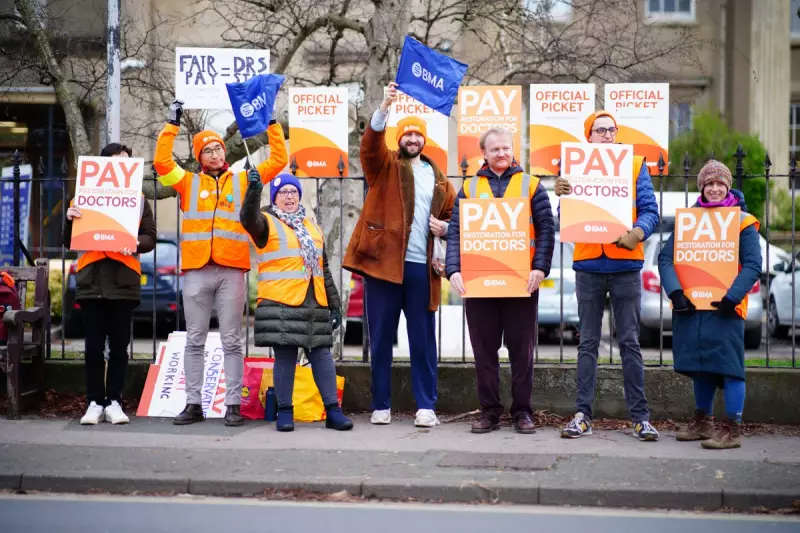
The National Health Service is bracing for another major disruption as junior doctors across England have announced a five-day strike in their ongoing pay dispute with the government. This latest industrial action represents one of the longest single walkouts in the history of the NHS pay negotiations.
Government Offer Rejected
Health Secretary Wes Streeting had described the current pay offer as the "final" proposal, but junior doctors represented by the British Medical Association have firmly rejected it. The BMA maintains that the offer fails to address years of real-terms pay cuts and does little to resolve the recruitment and retention crisis facing the health service.
Timing and Impact
The timing of this extended strike action is particularly concerning for healthcare leaders, as it falls during a period when the NHS typically experiences increased pressure. Hospital trusts are now urgently developing contingency plans to maintain emergency and critical care services during what promises to be a challenging week for the health service.
Breaking Point for NHS
This announcement comes amid growing concerns about the sustainability of NHS services. With waiting lists at record levels and staff morale reportedly at an all-time low, healthcare professionals warn that the system is approaching breaking point. The prolonged industrial action threatens to exacerbate existing backlogs and delay vital treatments for thousands of patients.
What Happens Next?
Both sides appear entrenched in their positions, with the government insisting the current offer is fair and junior doctors demanding what they call "pay restoration." As negotiations remain at an impasse, patients face the prospect of further disruptions to essential healthcare services unless a breakthrough can be achieved in the coming weeks.





